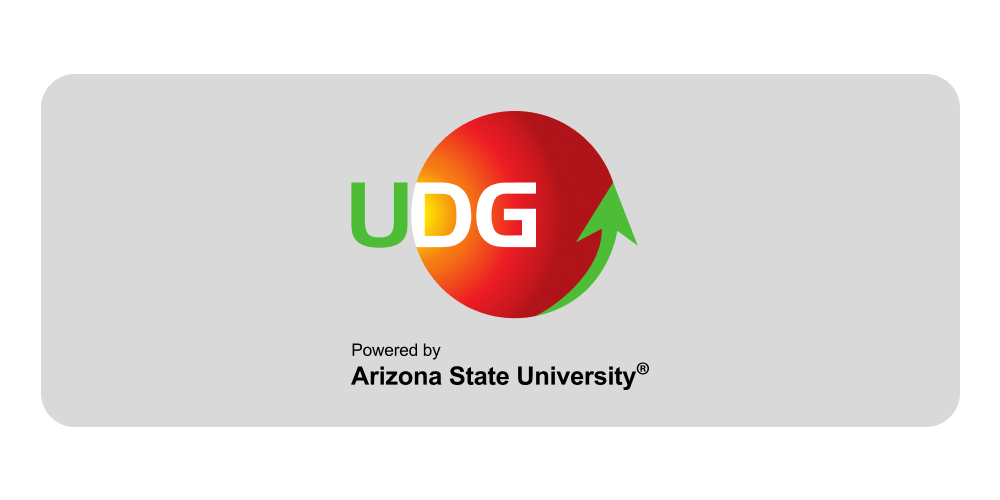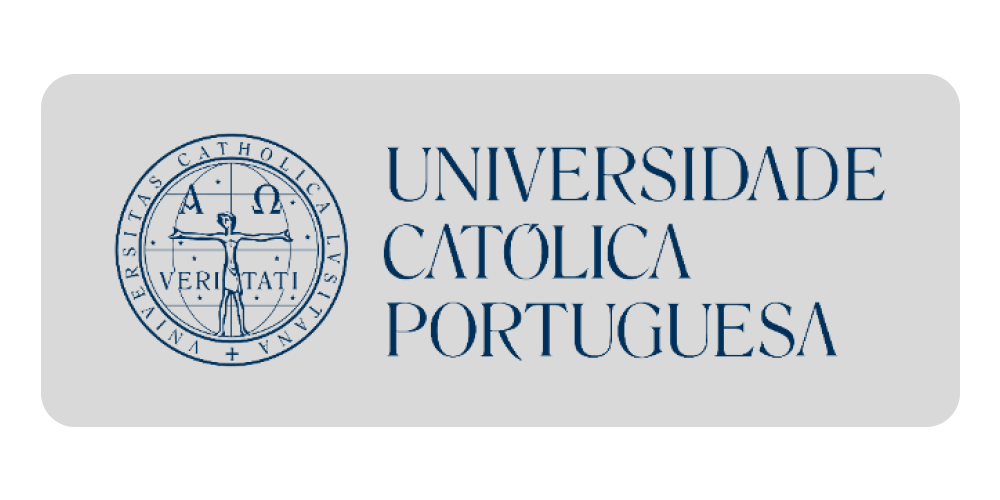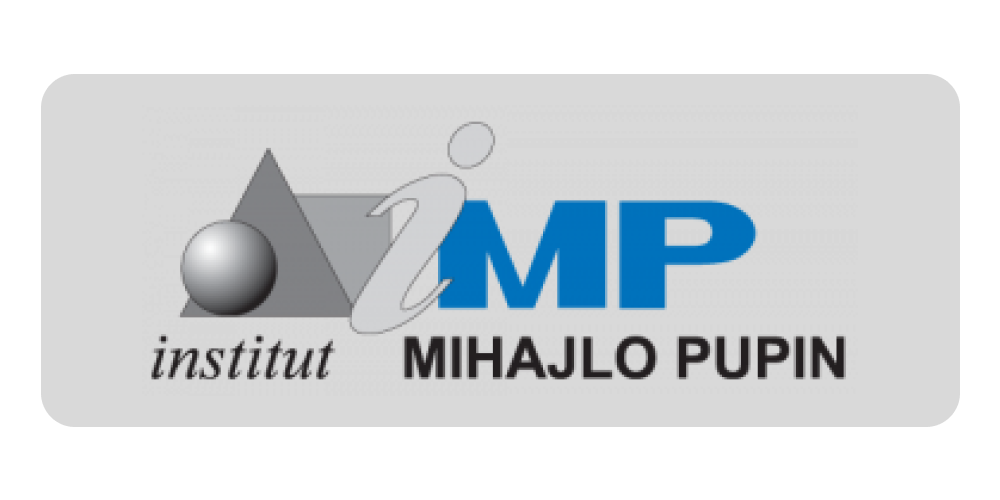Универзитет у Београду, Филолошки факултет
Lifelong education of foreign language teachers in formal educational systems ; Непрерывное обучение преподавателя иностранного языка в формальных системах образования
2018
Disertacija ima za cilj da istraži oblast cjeloživotnog obrazovanja nastavnika
stranih jezika u sistemima formalnog obrazovanja.
Prvi dio se bavi teorijskim postavkama ovog problema, definiše pojam
cjeloživotno obrazovanje nastavnika stranih jezika i pojašnjava njegove brojne aspekte.
Tako, u ovom dijelu se objašnjavaju sljedeće kategorije: praksa, mentorstvo, nadzor,
refleksivna nastava, kolaborativni i formalni profesionalni razvoj nastavnika stranih
jezika, obrazovne politike, evropska dimenzija obrazovanja nastavnika, i, konačno,
koncept kontinuiranog profesionalnog razvoja nastavnika u obrazovnom sistemu Crne
Gore.
Drugi dio rada ima istraživački karakter i sadrži dvije različite ankete. Jedna se
odnosi na studente stranih jezika specijalističkih studija nastavničkog smjera na
Filozofskom fakultetu u Nikšiću (odsjeci za engleski, italijanski, francuski, ruski i
njemački jezik), dok ciljnu grupu za drugo istraživanje čine nastavnici praktičari koji
predaju strane jezike u osnovnim, srednjim stručnim školama i gimnazijama u Crnoj
Gori (nastavnici engleskog, ruskog, italijanskog, francuskog, njemačkog i španskog
jezika). Ankete su imale za cilj ne samo prikaz trenutnog stanja kada je u pitanju oblast
cjeloživotnog obrazovanja nastavnika stranih jezika u Crnoj Gori, već takođe
identifikaciju potreba i davanje moguće projekcije perspektiva ove oblasti u okviru
crnogorskog obrazovnog sistema.
Rezultati anketa ukazuju na to da su studenti uglavnom zadovoljni obukom koju
dobijaju na fakultetu. Pa ipak, trebalo bi naći prostora i za izvjesna poboljšanja. Tako,
studenti pokazuju nezadovoljstvo organizacijom nastave kada su u pitanju određeni
kursevi. Takođe, smatraju da za praktičnu obuku treba izdvojiti više časova, budući da
nastavnu praksu smatraju najkorisnijim vidom obuke na fakultetu.
Iako su entuzijasti posvećeni svom poslu i svjesni neophodnosti i potrebe za
profesionalnim usavršavanjem, nastavnici ne pokazuju visok stepen motivacije za
kontinuiranim profesionalnim razvojem.The main purpose of the dissertation is to explore the area of lifelong education
of foreign language teachers in systems of formal education.
Part ONE deals with theoretical issues, and attempts to shed light on defining
the term lifelong education for foreign language teachers and clarifying its numerous
aspects. Hence, the following categories have been explained: practicum, mentoring,
language teacher supervision, reflective teaching, collaborative and formal professional
development for foreign language teachers, educational policies, European dimension
of teacher education, and, finally, the concept of continuing professional development in
the Montenegrin system of formal education.
Part TWO deals with research, containing two different surveys. One is related
to student teachers of foreign language studies at the Faculty of Philosophy, Niksic
(English, Italian, French, Russian and German teaching departments). The target group
for the other survey were English, Russian, Italian, French, German and Spanish inservice
language teachers, teaching in primary, elementary, secondary and high schools
in Montenegro. The surveys aimed not only to show the present situation in the area of
lifelong education of foreign language teachers in Montenegro, but also to help us
identify the needs and give a possible projection of perspectives in the Montenegrin
educational system, when foreign language teacher education is concerned.
The results have shown that the students are generally satisfied with their
training. Still, there should be some more space for improvement. The students show
dissatisfaction with the organization of certain courses, as well as with the insufficient
number of hours for practicum, which they consider the most valuable form of their
training at the Faculty.
1
Although enthusiastic and dedicated to the job they do, and aware of the
importance and necessity for continuing professional development, the teachers do not
show a considerable amount of motivation for this kind of teacher education
Универзитет у Београду, Филолошки факултет
Lifelong education of foreign language teachers in formal educational systems ; Непрерывное обучение преподавателя иностранного языка в формальных системах образования
Disertacija ima za cilj da istraži oblast cjeloživotnog obrazovanja nastavnika
stranih jezika u sistemima formalnog obrazovanja.
Prvi dio se bavi teorijskim postavkama ovog problema, definiše pojam
cjeloživotno obrazovanje nastavnika stranih jezika i pojašnjava njegove brojne aspekte.
Tako, u ovom dijelu se objašnjavaju sljedeće kategorije: praksa, mentorstvo, nadzor,
refleksivna nastava, kolaborativni i formalni profesionalni razvoj nastavnika stranih
jezika, obrazovne politike, evropska dimenzija...
Preuzmite dokument
2018
 Vukotić, Dragiša
Vukotić, Dragiša






